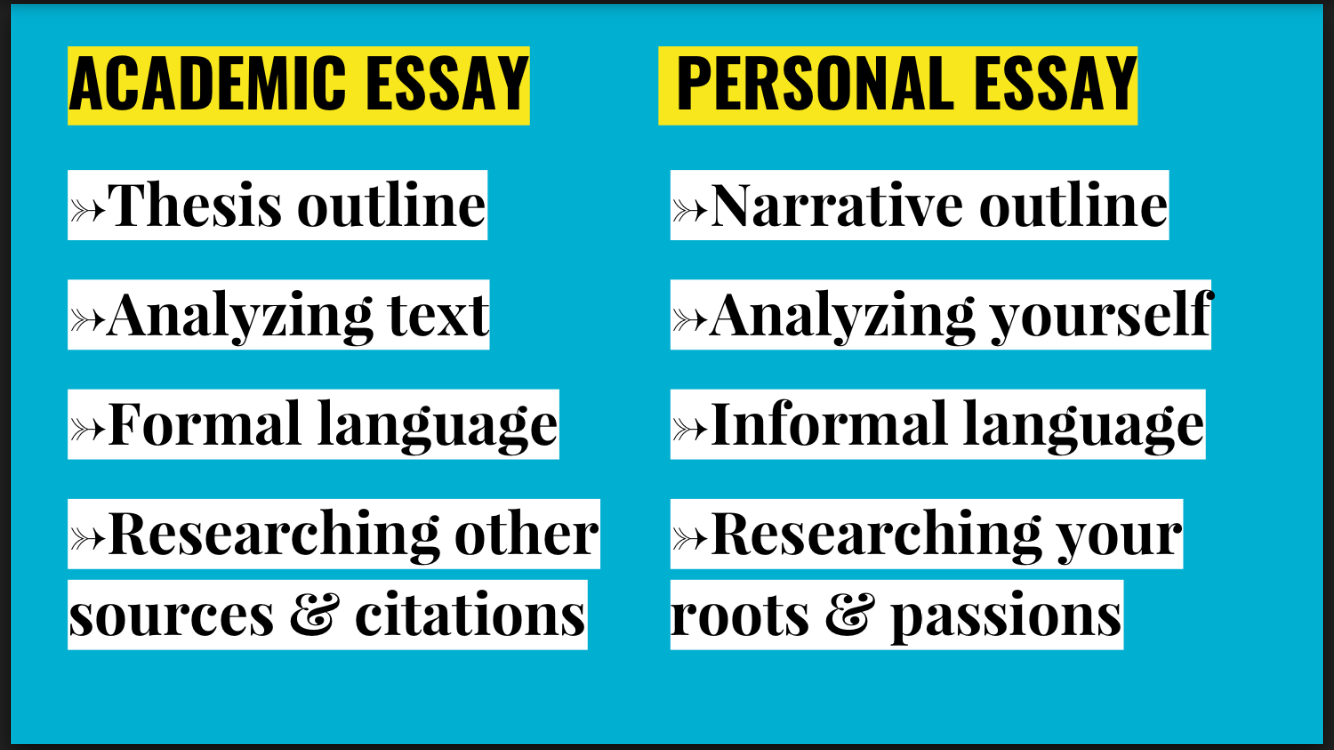What the Supreme Court’s Affirmative Action Ruling Means for Your College Admission Essay
/For decades, affirmative action has been a vital tool for colleges to create a diverse student body, and a way to even the playing field for students who lack advantages. But today, in a 6-3 decision, the Supreme Court ruled that the practice of affirmative action is unconstitutional.
There are obviously many important implications of this ruling, but you’re probably wondering how this will affect your admissions chances, and how it affects the essay in particular. Nerd alert — the answer starts by examining this passage in the majority opinion of Chief Justice John Roberts:
“Nothing in this opinion should be construed as prohibiting universities from considering an applicant’s discussion of how race affected his or her life, be it through discrimination, inspiration or otherwise.”
Oh. Hm. In other words, colleges and universities CAN’T admit an applicant because of their race, but they CAN consider how race affected their life? And it gets even more confusing. Roberts continues:
“But…universities may not simply establish through application essays or other means the regime we hold unlawful today….A benefit to a student who overcame racial discrimination, for example, must be tied to that student’s courage and determination. Or a benefit to a student whose heritage or culture motivated him or her to assume a leadership role or attain a particular goal must be tied to that student’s unique ability to contribute to the university. In other words, the student must be treated based on his or her experiences as an individual—not on the basis of race.”
So wait, you CAN write about race in your admission essay, and that CAN be used to your benefit in the admissions process, but NOT solely due to your race, only due to how your race affected you as an individual?
That’s all pretty…complicated. And vague. (And maybe unenforceable.) How can you possibly tell whether a student was admitted thanks to their race, or thanks to “courage and determination” tied to their race? Is John Roberts going to step down from the Supreme Court to work full-time in an Ivy admissions office? (And if so, could he please do it while Joe Biden is still president? IYKYK)
As confusing (and terrifying) as all this is, here’s the major takeaway: for racial and ethnic minorities, your admissions essay is now more important to your application than ever before. Colleges still want diverse student bodies, and they’re going to be using admissions essays to make that happen. And the good news is, essays about personal struggles or triumphs tied to one’s race or heritage were already one of my favorite topics to explore with my students, because they provide such a unique insight into who you are as a person, what your values are, and how you face challenges. And they’re interesting! I was shocked to see this quote from an admissions officer in the New York Times today:
“Right now, students write about their soccer practice; they write about their grandmother dying,” she said. “They don’t write about their trials and tribulations. They don’t write about the challenges they’ve had to experience.”
Insert record scratch. My students are definitely writing about trials and tribulations. Not always, but those are often the most insightful kind of essays. So yes, students are still allowed to write about their race in the context of challenges or successes or drama or inspiration and even with a sense of humor. Which they probably should have been doing in the first place.






























